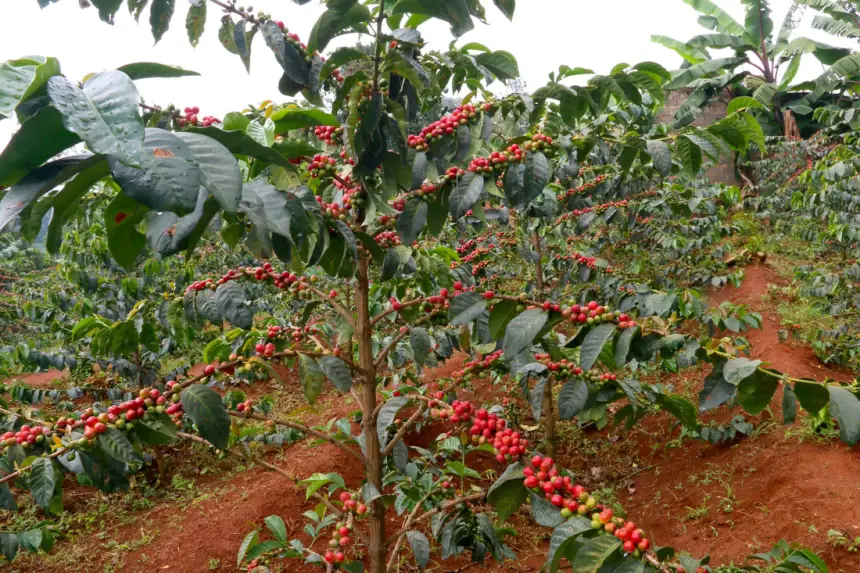Kenya is rushing to comply with the European Union Deforestation Regulation (EUDR), which takes effect on December 30, 2025, to protect its lucrative coffee export market. The regulation prohibits the importation of products linked to deforestation, including coffee, cocoa, soy, beef, palm oil, rubber, and wood.
To meet the stringent requirements, the Agriculture and Food Authority (AFA) has launched a nationwide geo-mapping initiative, aiming to prove that Kenyan coffee is not grown on land cleared from forests. So far, 30 percent of the national coffee area across 16 counties approximately 32,688 hectares out of 109,384 hectares has been mapped using satellite imagery.
“Geo-mapping ensures traceability and compliance with the EU regulation, which is crucial for maintaining market access,” said AFA Director General Dr. Bruno Linyiru. The EU is a key market for Kenyan coffee, with countries such as Belgium, Germany, Sweden, and Finland accounting for 55 percent of total exports.
Over the past five years, Kenya has exported 122,699 metric tonnes of clean coffee to the EU, earning Ksh 90 billion. Failure to comply with the EUDR would jeopardize this income, especially considering the EU’s position as one of the world’s leading coffee consumers.
The AFA warns that smallholder farmers who contribute about 70 percent of Kenya’s total coffee production stand to lose the most. These farmers form the backbone of rural economies in the 33 coffee-growing counties and would be disproportionately affected if access to the EU market is blocked.
“Generally, the EUDR aims to ensure that a set of key products traded and consumed in the EU and globally no longer contribute to deforestation and forest degradation,” Dr. Linyiru emphasized.
As the deadline approaches, the government and stakeholders are working to complete geo-mapping across all coffee-growing zones, raise awareness among farmers, and align local practices with global sustainability standards. The successful implementation of the EUDR requirements will not only safeguard Kenya’s exports but also bolster its commitment to environmental conservation.

